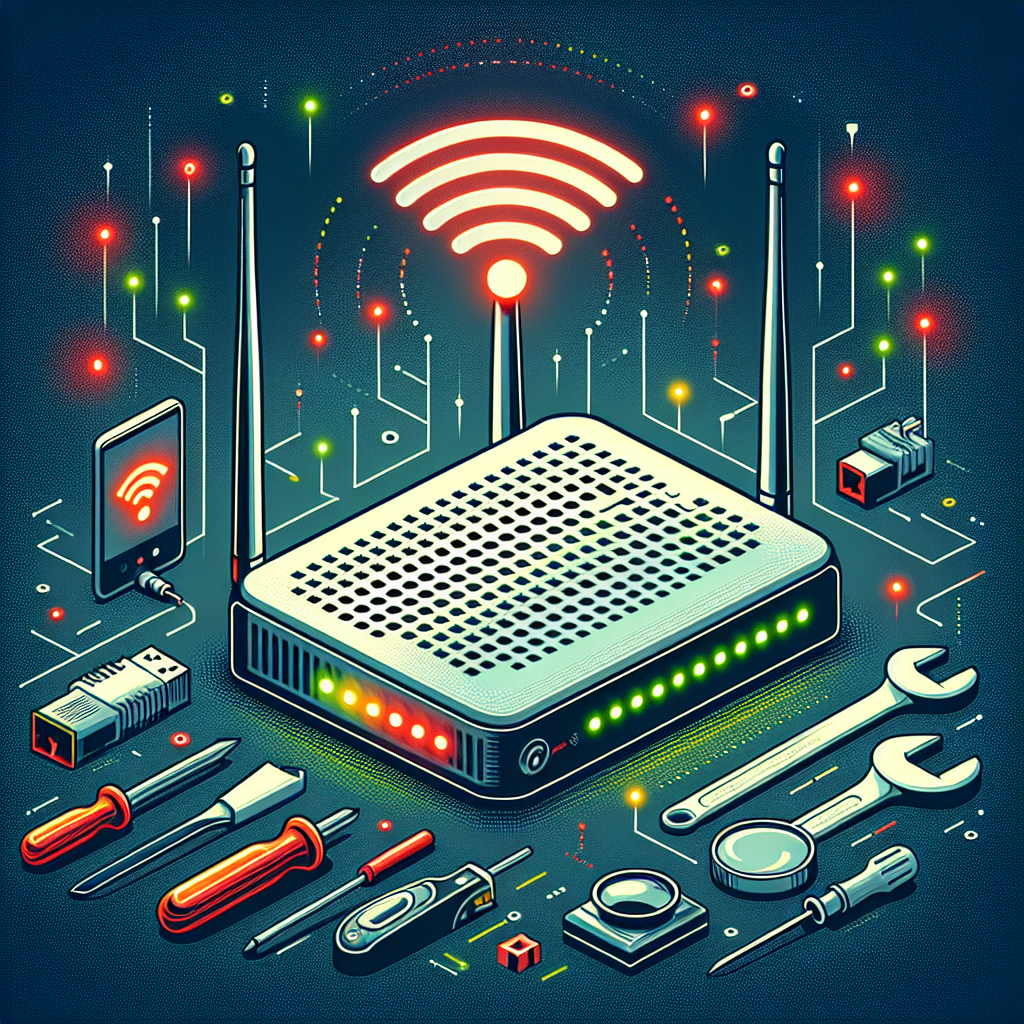Experiencing frequent disconnections with your router can be incredibly frustrating, especially when you rely on a stable internet connection for work, entertainment, or communication. Understanding how to troubleshoot and fix a router that keeps disconnecting involves a combination of diagnosing hardware and software issues, optimizing settings, and ensuring proper placement of your router. In this comprehensive guide, we will walk you through the steps to troubleshoot and resolve this common problem.
Common Causes for Router Disconnections
Before diving into the troubleshooting steps, it’s essential to understand some of the common causes behind a router that keeps disconnecting:
- Interference from other electronic devices
- Outdated firmware
- Incorrect router settings
- ISP (Internet Service Provider) issues
- Physical obstructions and placement issues
- Overheating of the router
- Faulty hardware or cables
Let’s explore these issues in more detail along with practical solutions.
Interference from Other Devices
Electronic devices such as microwaves, cordless phones, and baby monitors can interfere with your router’s signal, leading to frequent disconnections.
| Device Type | Potential Interference Level |
|---|---|
| Microwave | High |
| Cordless Phones | Medium |
| Baby Monitors | High |
Solution:
Ensure your router is placed far from such devices. Changing the wireless channel on your router to a less congested one can also help reduce interference.
Outdated Firmware
Firmware updates fix bugs and improve the performance and stability of your router.
Solution:
Check your router’s manufacturer website for the latest firmware updates. Most routers allow you to update firmware directly through their management interface.
Incorrect Router Settings
Incorrect or suboptimal settings can cause connection issues.
Solution:
- Reset your router to its default settings and reconfigure it.
- Ensure DHCP is enabled if you have multiple devices connecting to the internet.
- Set the appropriate security settings to avoid unauthorized access.
ISP Issues
Frequent disconnections could be due to issues with your Internet Service Provider (ISP).
Solution:
Contact your ISP to check if there are any network issues in your area. Sometimes, switching to a more reliable ISP can solve the problem.
Optimal Router Placement
The physical location of your router can significantly impact its performance.
Solution:
- Place your router in a central location within your home.
- Avoid placing the router in enclosed spaces or near large metal objects.
- Elevate the router to avoid signal blockages by furniture or walls.
Overheating of the Router
Routers can overheat due to continuous usage, leading to frequent disconnections.
Solution:
- Ensure your router has proper ventilation.
- Clean any dust from the router’s vents.
- If overheating persists, consider investing in a cooling pad or a router with better thermal management.
Faulty Hardware or Cables
Defective hardware components or damaged cables can disrupt your connection.
Solution:
- Replace old or damaged Ethernet cables.
- Test with a different router to see if the problem persists.
- If your router is old, consider getting a new one with updated technology.
Advanced Troubleshooting Tips
Check for IP Conflicts
IP address conflicts can cause frequent disconnections.
Solution:
Ensure that each device on your network has a unique IP address. You can do this by setting up DHCP reservations in your router’s settings.
Use a Wi-Fi Analyzer
Wi-Fi analyzers can help identify channel congestion and signal strength issues.
Solution:
Download a Wi-Fi analyzer app on your smartphone to scan for optimal channels and adjust your router settings accordingly.
Reboot Your Router Regularly
Routers can benefit from a periodic reboot.
Solution:
Set a schedule to reboot your router at least once a week. Some routers have an automatic reboot option you can enable.
Conclusion
Troubleshooting a router that keeps disconnecting involves a systematic approach to identify and resolve various potential issues. By addressing interference, updating firmware, optimizing settings, ensuring proper placement, and checking hardware, you can significantly improve the stability of your internet connection. Remember, regular maintenance and keeping your router updated are key to avoiding future disconnections.




